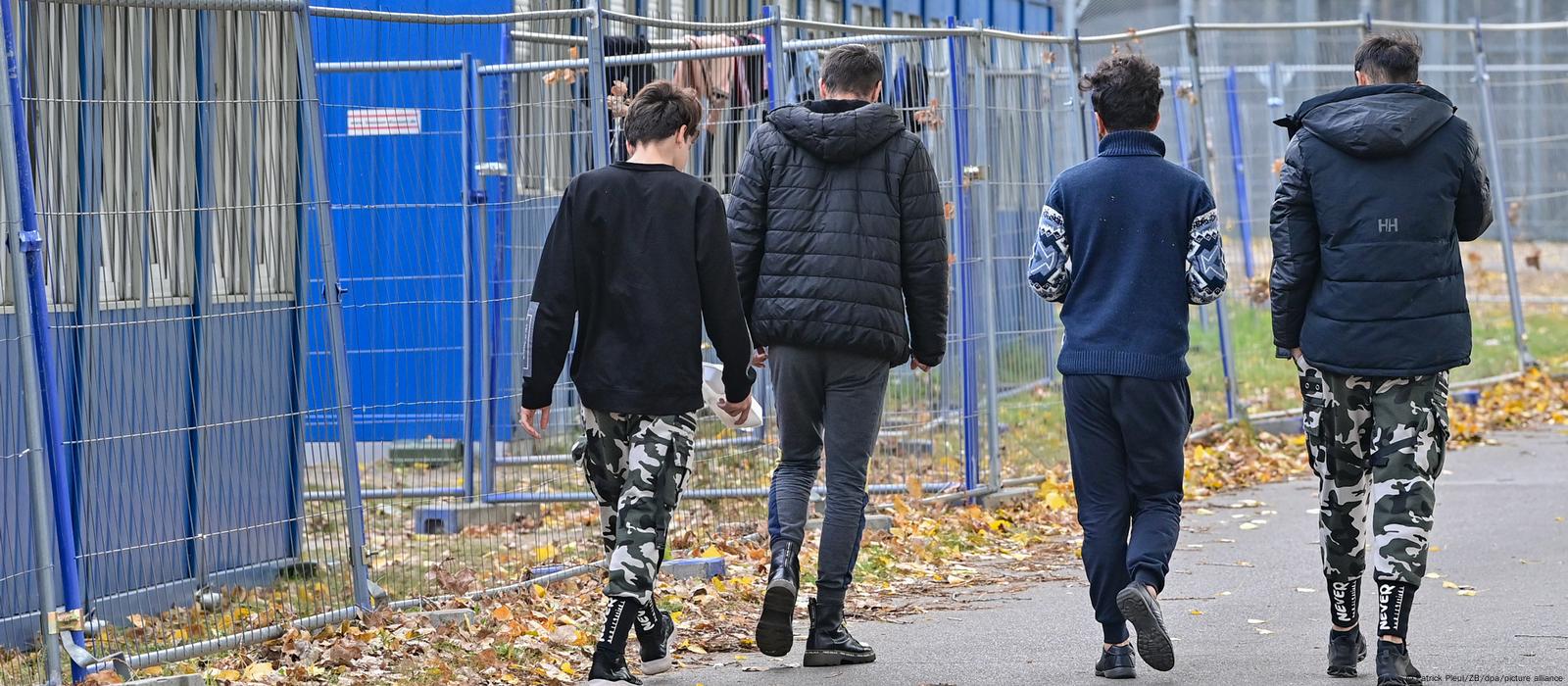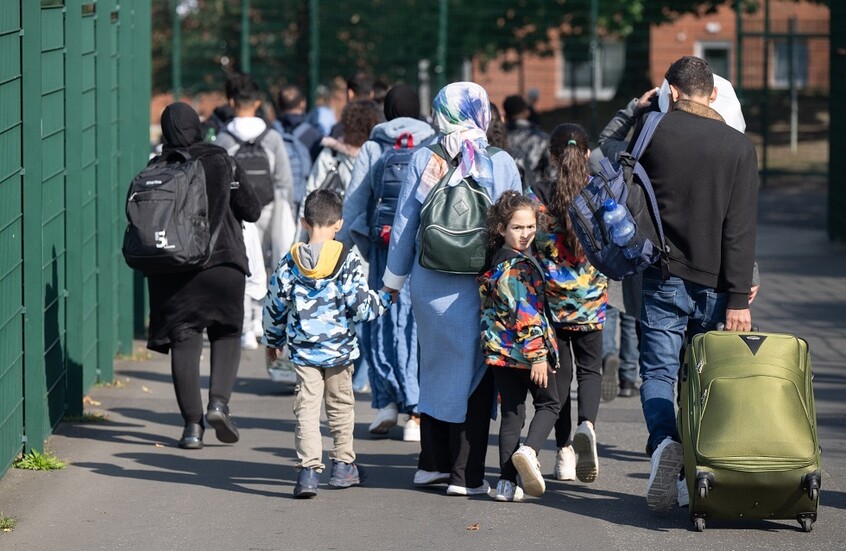After approving the introduction of payment cards for asylum seekers at the level of all states, the state of Brandenburg – the 1st state to distribute payment cards – plans to decide the amount to be €50 per month for an adult and €25 for a child. This comes despite the objection from the Greens to the amount demanding by a significant increase percentage, up to more than three times.
According to the German News Agency, both the states and municipalities issued a joint statement granting adult asylum seekers only €50. The states and municipalities are to send the statement to county and city representatives for signature.
According to statements by Prime Minister Dietmar Woedke, the state absorbed the Green Party, especially in regards to the amount allocated to children, where the municipalities desired the amount of cash per child to be only €10 per month.
Standing on the other side, Minister of Integration from the Green Party, Ursula Nonnemacher finds that the cash amount should not be less than €184 per month for an adult and €137 for a child.
The Minister relies on the data from the federal legislative body, which refers to personal needs, the right of children and youth to participate, and the subsistence level.
Kansel Kızıltepe, a member of the Senate for Integration in Berlin, agrees with the minister that the amount of €50 per month is not enough for a person.
However, according to State Counselor Catherine Schneider, the state wants to implement the proposal by municipalities to limit itself to allocating €50 per adult.
According to statement by the states, the state government aims to ensure that payment cards for refugees are valid for use in all fields,
Several regions have already signed the statement, in the event of final signature by a majority of representatives of municipalities and regions, asylum seekers will receive social benefits as a balance on the card, and cash payments will be small.
There are currently 14,600 asylum seekers living in Brandenburg, who receive benefits under the Asylum Seekers Benefits Act.





